Is Apple's corporate culture a security risk?
Apple’s corporate culture has lead to high levels of secrecy, but will this work with security – especially as it grows its market share?
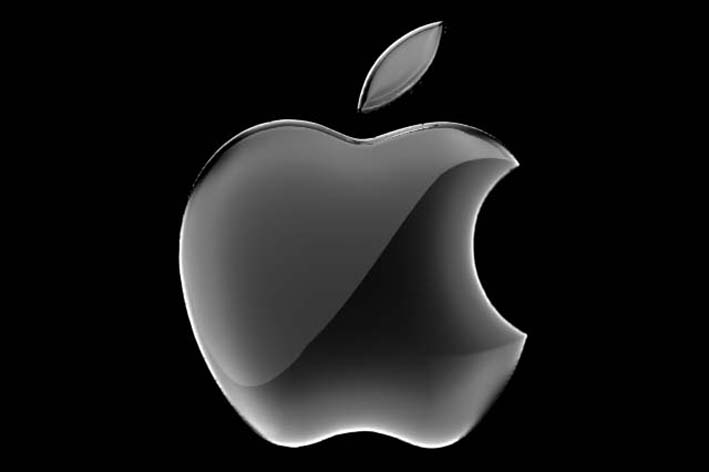
Apple is one of the coolest companies in the world, with some of the most iconic products ever seen in a geek's hand or desk.
But Apple is notorious for secrecy. It doesn't blog, it never gives anything away and as the New York Times wrote recently, it imposes harsh sanctions on employees who violate rules about information sharing.
The farce around Steve Jobs' recent return to work after his liver transplant was a case in point. The secrecy around it was so high that it raised intense levels of speculation. A blog post or a statement could have calmed investor fears instead Apple and Jobs jealously guarded any information.
But this has worked for Apple. Feverish levels of hype and interest surround every product launch, meaning that the company never has to say anything the products just speak for themselves.
Consider the iPhone. It's a great gadget, but Apple jealously guards all tech details. Or think of iTunes. Apple just recently shut access to the music service from the Palm Pre. Not too keen on sharing, are they?
Microsoft's lessons
Apple and its products have never really had big problems with security, at least not on the level of a company like Microsoft.
Get the ITPro daily newsletter
Sign up today and you will receive a free copy of our Future Focus 2025 report - the leading guidance on AI, cybersecurity and other IT challenges as per 700+ senior executives
The very nature of Microsoft Windows, by far the most popular operating system in the world, has meant that it is the first target for criminals all over the world when it comes to malware.
Microsoft has had to learn this from experience. As Microsoft's chief security advisor Edward Gibson said in an IT PRO interview, the company had to completely change its corporate culture in the last few years to tackle problems that were just getting bigger.
Now Microsoft is very open about problems on its systems. There are advisories, blogs, warnings and complete disclosure about what the dangers are and what users might need to look out for.
Corporate culture
This is something that Apple's corporate culture rejects. One good example was the furore caused at the end of last year when it updated a statement on its site to say that anti-virus software was encouraged for Macs. As soon as the statement attracted publicity, it was pulled off the site.
It was later found that Apple always had a statement encouraging anti-virus software on its systems it had just kept very quiet about it.
-
 Meta just revived plans to train AI models using European user data
Meta just revived plans to train AI models using European user dataNews Meta has confirmed plans to train AI models using European users’ public content and conversations with its Meta AI chatbot.
By Nicole Kobie
-
 AI is helping bad bots take over the internet
AI is helping bad bots take over the internetNews Automated bot traffic has surpassed human activity for the first time in a decade, according to Imperva
By Bobby Hellard
-
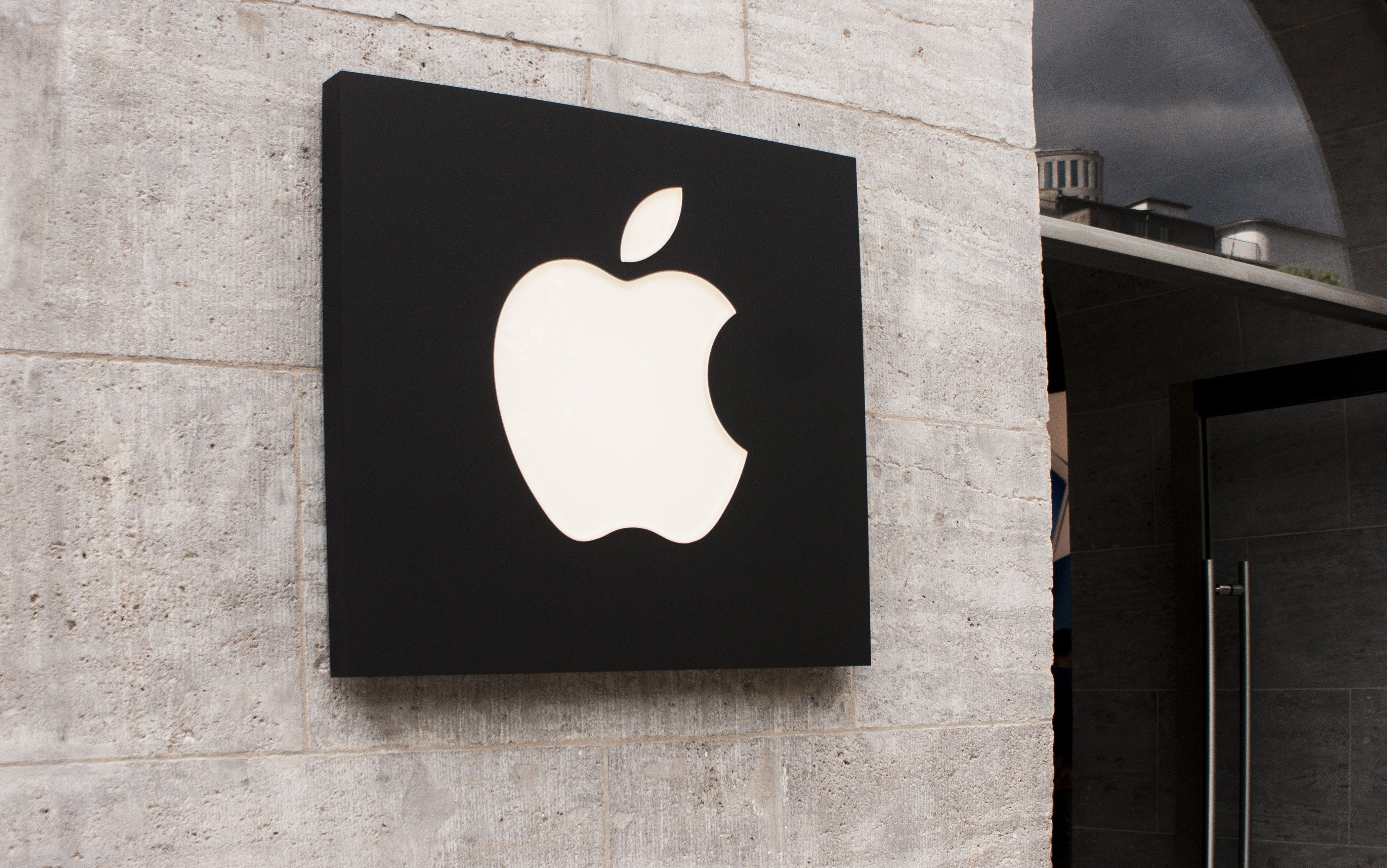 Common malware slipped past the macOS notarization process twice
Common malware slipped past the macOS notarization process twiceNews Apple immediately revoked the notarization, but the adware slipped through again
By Justin Cupler
-
 Mac and Android malware on the rise, reports show
Mac and Android malware on the rise, reports showNews New research suggest that malware for the two device families has spiked over the past year
By Adam Shepherd
-
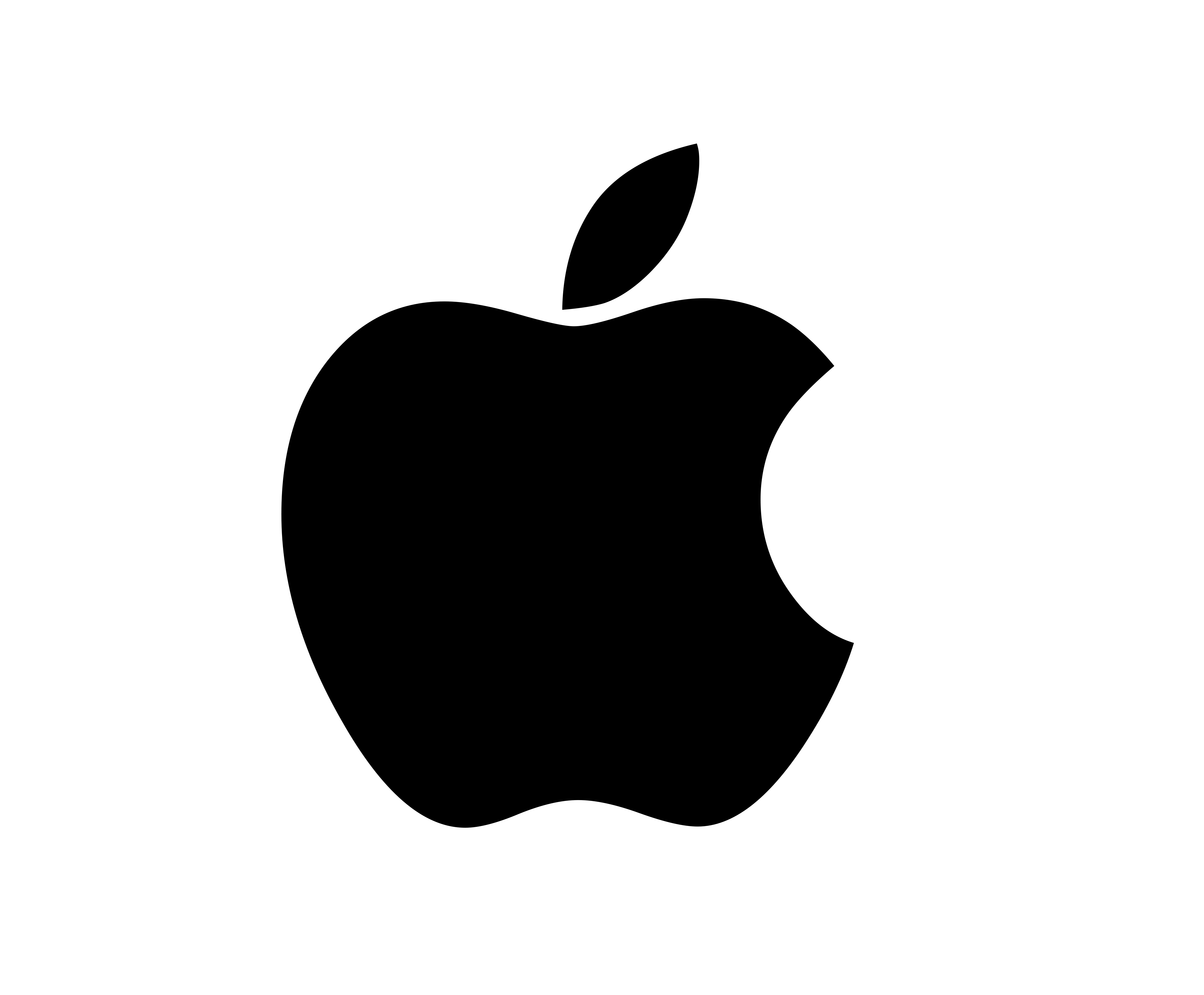 17,000 Macs hit by hackers via Reddit
17,000 Macs hit by hackers via RedditNews The criminals infected the Apple computers with malware called Mac.BackDoor.iWorm
By Clare Hopping
-
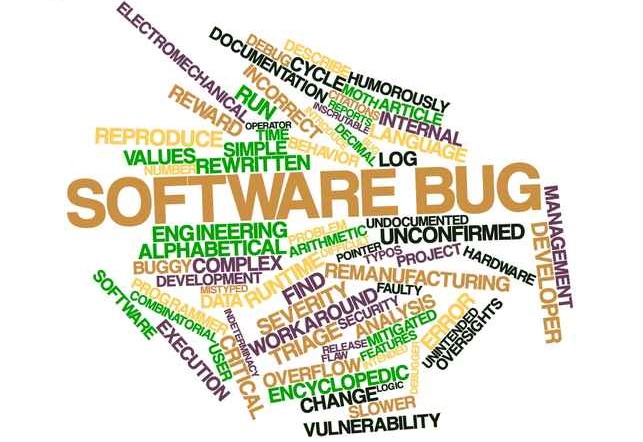 Shellshock: Apple rolls out OS X patches for Bash bug
Shellshock: Apple rolls out OS X patches for Bash bugNews “Safe by Default” Macs get patched just in case
By Rene Millman
-
 Macs under attack?
Macs under attack?In-depth It's arguable that the recent Flashback Trojan episode has been the tipping point when it comes to changing the face of the Mac security threatscape. But who is targeting OS X and iOS devices, how are they doing it and should the average business user be worried? Davey Winder investigates...
By Davey Winder
-
 Apple OS X users warned of botnet risk
Apple OS X users warned of botnet riskNews Russian anti-virus vendor claims over half a million Apple devices could be infected with botnet.
By Caroline Donnelly
-
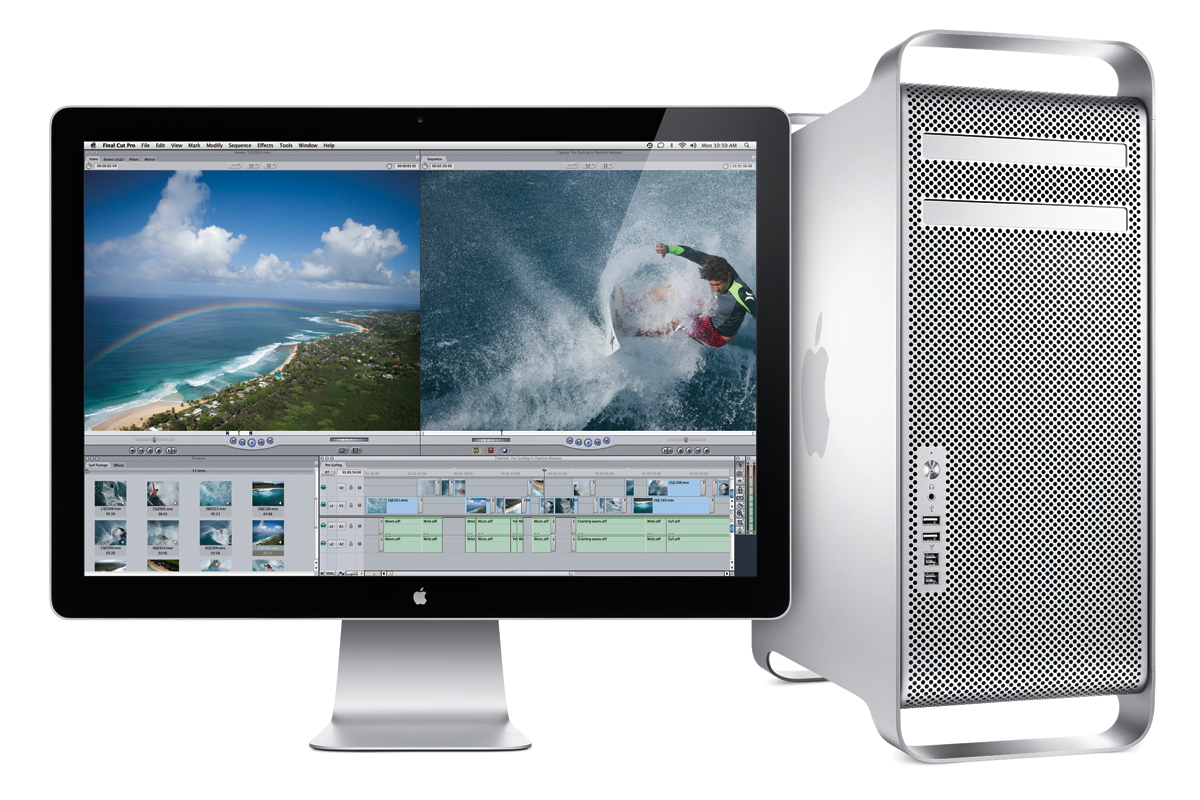 New Mac malware spikes in 2011
New Mac malware spikes in 2011News F-Secure finds new Mac malware spikes in 2011, when compared to other years at least.
By Tom Brewster
-
 Thin clients aren’t the future – BYOD should be
Thin clients aren’t the future – BYOD should beIn-depth Thin clients are really for special use cases, but BYOD is ripe for widescale deployment. Here's why...
By Tom Brewster